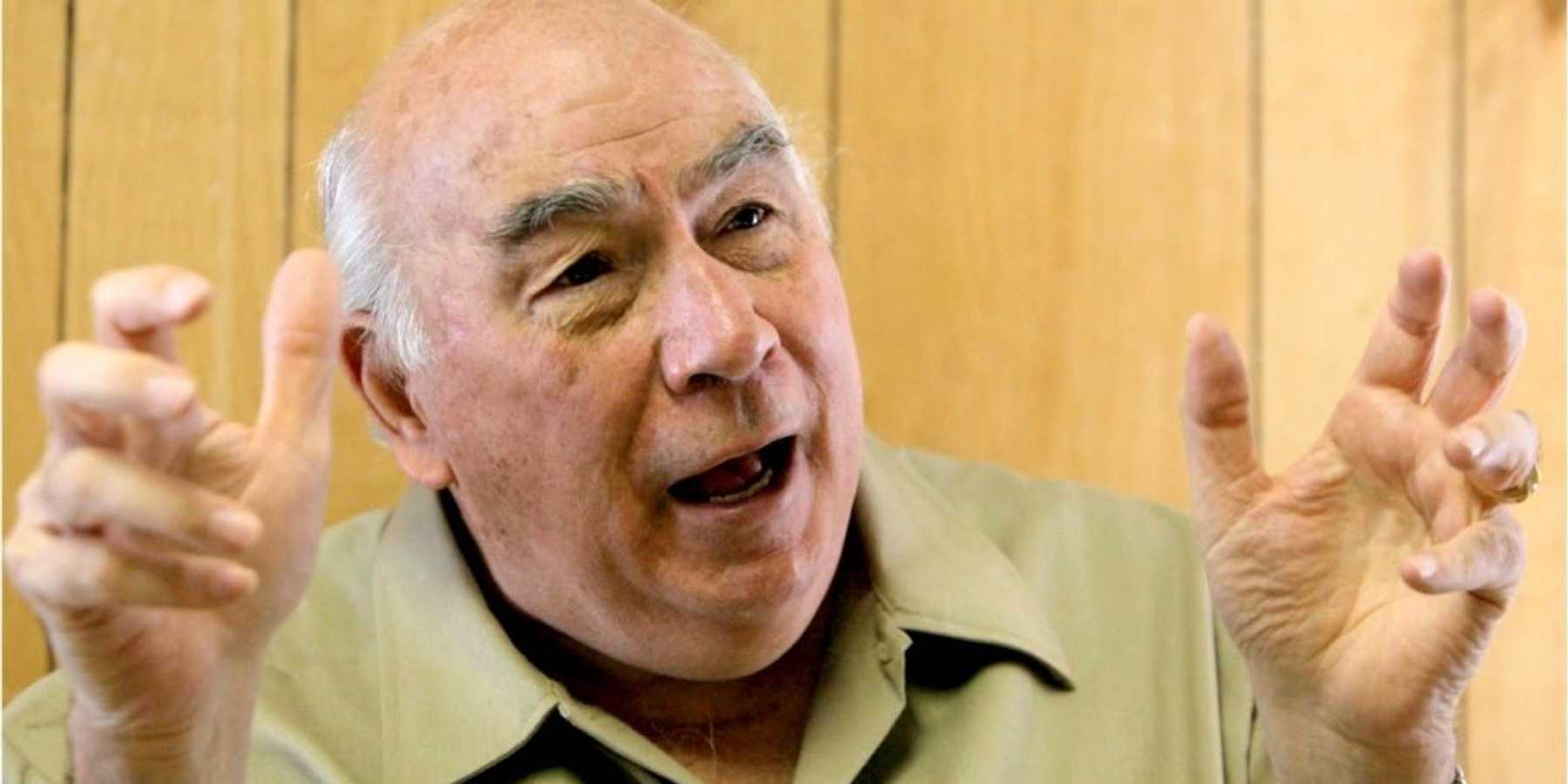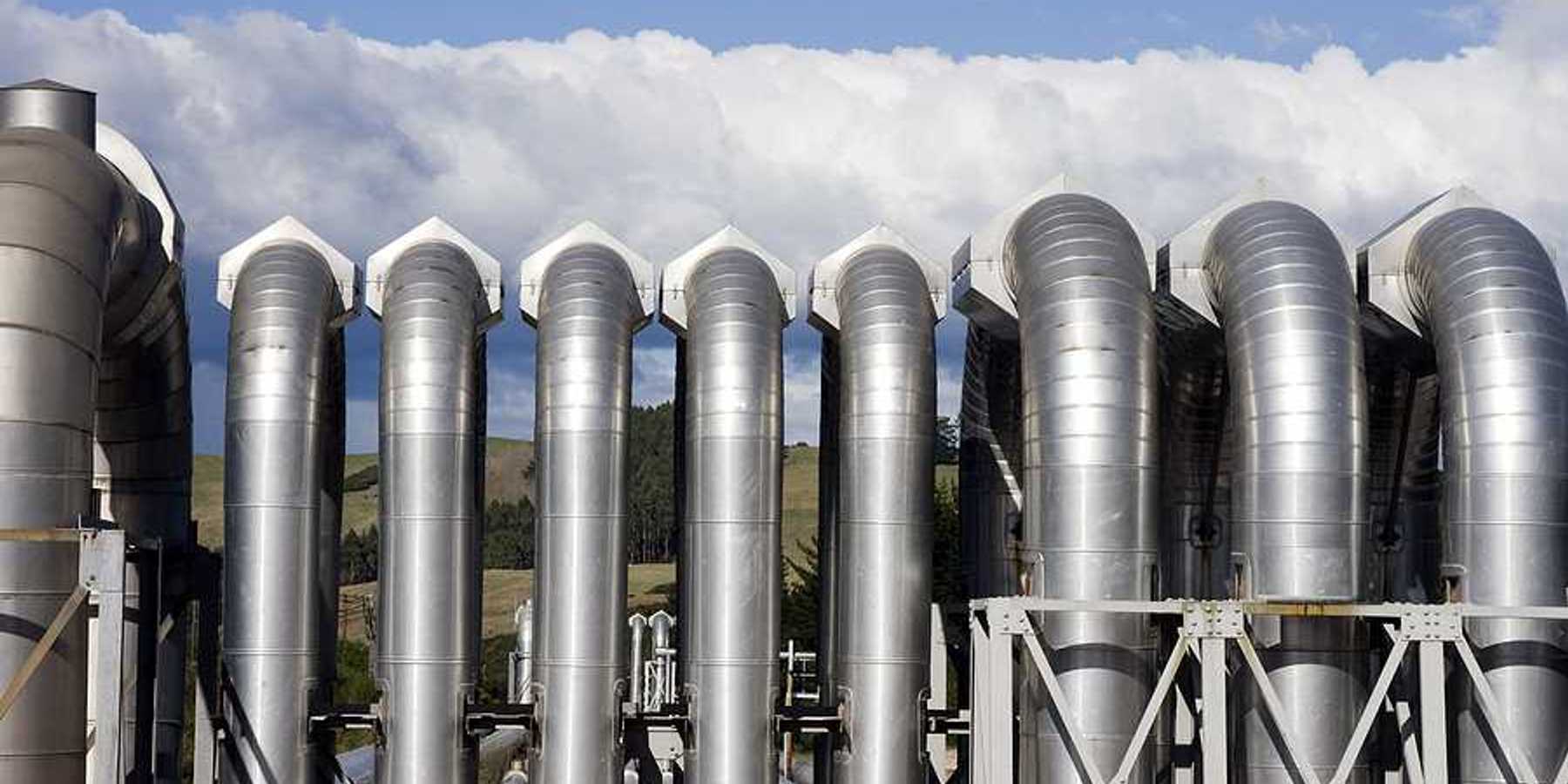
Peter Dykstra: Bob Murray’s greatest hits
Murray Energy's bankruptcy filing is the latest setback for America's most perfect Coal Baron
If Robert Eugene Murray wasn't born to be America's biggest, baddest coal baron, he'd be a Hollywood scriptwriter's over-the-top vision of one.
Burly, with an engaging smile or an equally expressive scowl, Murray looks less like a CEO and more like the guy driving the getaway car.
But as of last week, he's no longer a CEO. Murray Energy, the nation's largest privately held coal producer, entered bankruptcy. Bob Murray gave up the reins as a part of the bankruptcy plan.
Murray, who turns 80 in January, has been the fiercest and most visible leader of America's beleaguered coal industry for more than a decade. He grew up in the coal country of southeastern Ohio, where his father was crippled in a mining accident. Murray himself suffered several injuries in the mines.
He leveraged an engineering degree into an above-ground career, buying out other coal operators to found Murray Energy in 1988. Pending any bankruptcy-related layoffs, Murray has 7,000 employees in six states and in South America.
In August 2007, a collapse at Murray's Crandall Canyon, Utah, mine trapped six miners. Days of frantic rescue efforts not only failed, but cost more lives when three rescuers were trapped. The ex-miner CEO hit the national spotlight for the first time, blaming the disaster on an earthquake, then on the "evil" mountain that bore his coal.
Problem is, seismic information is available in real time, to virtually anyone. U.S. Geological Survey data showed no earthquake, nor are there any fault lines anywhere near Crandall Canyon.
Investigations showed that Murray was using "room and pillar" mining, an accepted method where miners leave pillars of rock intact, while scooping out coal around them. But when you carve out too much room and leave too few pillars, a disastrous collapse can result.
But a collapse of a different kind became Murray's main focus. Competition from fracked natural gas had begun to price coal out of the market for powering electric utilities. The domestic coal industry was in deep trouble, and new regulatory efforts loomed on climate change, coal ash waste, and more.
His response was to double down on climate denial, and become the tip of the spear in industry's defense of the "War on Coal."
Murray also went on a litigious rampage, suing The New York Times, John Oliver's satirical HBO show, a weekly newspaper in Ohio, and several others over what he considered to be libelous news coverage. The closest he came to winning was when West Virginia's largest newspaper, the Gazette-Mail, agreed to publish a Murray op-ed in exchange for dropping the case.
The company also bulked up its political staffing, hiring star climate denier Steve Milloy as a Washington rep in 2014. (Milloy's involvement with Murray ended in mystery about a year later.) As early as 2009, Murray shelled out six figures yearly for the services of a lobbyist, Andrew Wheeler. Yes, Andrew Wheeler the current EPA Administrator who is slashing the same regulations that Murray and the rest of the coal industry object to.
By 2016, Murray was outright electioneering. In an interview in May of that year, he stumped for Ted Cruz as the best pro-coal candidate, even as Fox Business News anchor Neil Cavuto tried to drag a Trump endorsement out of him. By Election Day, Murray was all-in for Trump, who openly courted Big Coal. Murray Energy was fined by the Federal Election Commission for illegal campaign contributions.
Since then, Bob Murray or his company have donated more than a million dollars to the Trump campaign or the Republican National Committee.

He pled with Trump and Secretary of Energy Rick Perry to bail out coal producers and coal-burning utilities with subsidies to be paid for by electric customers. But even as he fended off creditors, he blamed Obama-era pollution and climate regulations for his company's travails.
In a 2018 speech to energy industry executives and financiers, Murray painted a stark picture of a powerless, coal-free America allowing "grandma to die on the operating table."
And working far outside of the news spotlight of the three-ring impeachment circus, this week Trump's EPA, run by Bob Murray's former lobbyist, announced its intention to shed another pollution control, allowing utilities greater slack in dealing with toxic coal ash waste.
Stripped of his CEO title but still Murray Energy's board chair, there's little expectation that Bob Murray will alter his behavior. But his coal industry has changed round him, and will only change more.













